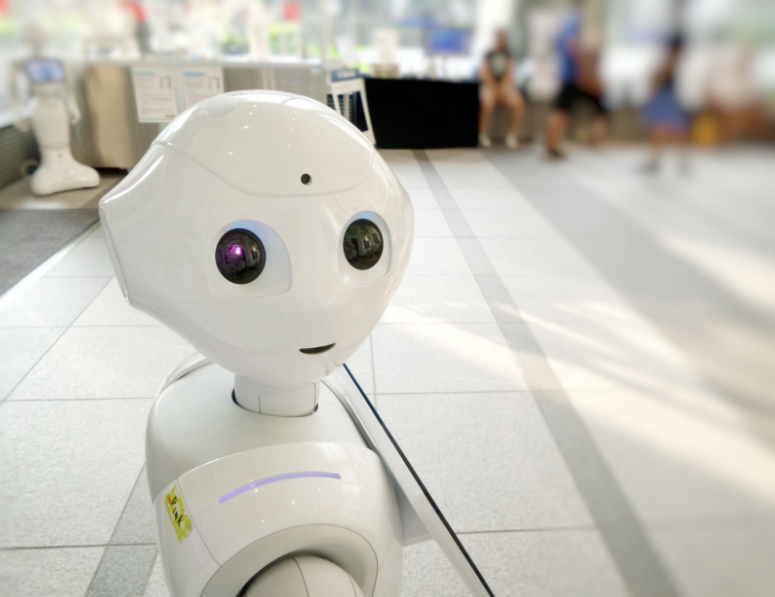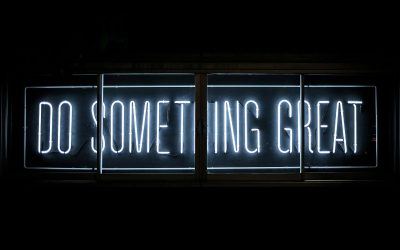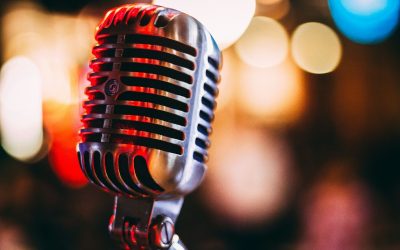AI is a fast growing industry, and it has often left lawmakers and copyright officials struggling to catch up. As more and more AI content and art comes out, so does the question of the rights to protect that AI created content. Plus, there are issues with artists whose works are used without their consent to train AI, resulting in a finished product that’s a little too close to plagiarism for comfort.
However, while lacking in national precedents, regional courts are beginning to set precedents for how to handle AI cases. One notable case is that of Thaler vs. Perlmutter, which ruled that AI content could not be copyrighted.
Thaler vs. Perlmutter
Stephen Thaler, the owner of Imagination Engines, is a computer scientist who works primarily with AI and its advancements. He created an AI system which then, through training, created a digital artwork. Thaler then attempted to copyright the artwork, since it was created by his AI system. The USPTO, however, rejected that copyright registration.
Unsatisfied with this, Thaler filed a suit against the Director of the Copyright Office, Shira Perlmutter, in June of 2022. The case was taken to the Federal District Court of the District of Columbia. In court, the judge ruled that since the digital artwork was made fully by an AI, it could not be copyrighted and upheld the refusal of copyright registration. Although unfortunate for Thaler, this order did help to set a precedent for AI copyright cases going forward.
What This Means For AI-Made Creations
According to copyright law as it is currently written, copyrighted works must be the original work of a human author, not something they copied and claimed as their own. Because an AI is not a human author, Judge Beryl A. Howell in the Thaler vs. Perlmutter case ruled that a work created by an AI could not be copyrighted.
It is worth noting that while this was the ruling in the Federal District Court of the District of Columbia, that might not carry over to national courts. AI is still a fairly recent variable when it comes to copyrights, and the Supreme Court is still in the process of deciding how to respond to it. However, Thaler vs. Perlmutter could be used as a precedent in other cases to show that it has been ruled AI-made creations cannot be copyrighted.
Currently, AI programmers can copyright their AI system. Other courts have also determined that some AI artwork can be copyrighted, as long as there is “significant human authorship.” However, this is still a bit of a gray area for many.
What is certain is that you don’t want to navigate these strange new waters in the world of intellectual property alone. At Garcia-Zamor, we have over two decades of combined experience working with intellectual property like copyrights, trademarks, and patents. We are here to help you with your questions about AI and AI-made creations, as well as to help you protect your IP. Contact us today to learn more or to schedule a consultation.







